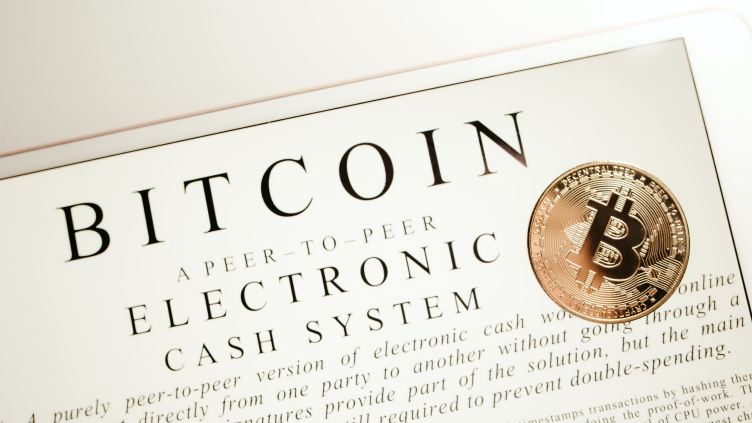The Trump administration is pushing ahead with plans to regulate digital assets, with White House crypto czar David Sacks at the forefront. The initiative aims to bring clarity to the industry, which has faced years of regulatory uncertainty. Sacks mentioned in a recent press conference that one of the priorities is to explore the possibility of a U.S. Bitcoin reserve, noting that the idea is in the early stages. The administration has also been in talks with lawmakers, including Senate Banking Committee Chairman Tim Scott and House Financial Services Chairman French Hill, about regulating stablecoins and other digital assets.
The Guiding and Establishing National Innovation in U.S. Stablecoins (GENIUS) Act, a proposal introduced by Senator Bill Hagerty, seeks to regulate stablecoins by requiring issuers to meet strict reserve capital requirements and undergo audits. Stablecoins are seen as a critical tool in maintaining the U.S. dollar’s dominance in global finance. Sacks suggested that adopting stablecoins could reduce long-term interest rates and stabilize financial markets by boosting demand for U.S. Treasuries.
Sacks criticized the SEC’s past actions, which he believes contributed to the movement of crypto companies out of the U.S. The collapse of FTX, in particular, highlighted the risks of a lack of regulatory oversight. The Trump administration aims to avoid a repeat of these issues by creating a clearer framework under which crypto businesses can operate. Sacks emphasized that a well-regulated environment would help separate the “good from the bad actors.”
In addition to the potential Bitcoin reserve, the administration is considering a national strategic stockpile of digital assets. This could position the U.S. as a global leader in the digital economy, especially as competitors like China’s digital yuan gain ground. The Trump administration’s approach to digital asset regulation is seen as a way to ensure that innovation stays in the U.S. and to foster a more stable environment for crypto firms.
Sacks confirmed that he has been engaging with crypto leaders to understand their concerns and challenges, including “de-banking” practices that drive innovation outside the country. He remains focused on creating a regulatory framework that can provide clarity and encourage investment in the U.S. digital asset market.
Despite the hurdles, Sacks remains optimistic about the future of digital assets in the U.S., calling it a critical area of economic growth. “We want that value creation to happen in the U.S.,” he said, indicating that the administration’s efforts aim to keep the country at the forefront of the digital finance revolution.








No Comment! Be the first one.